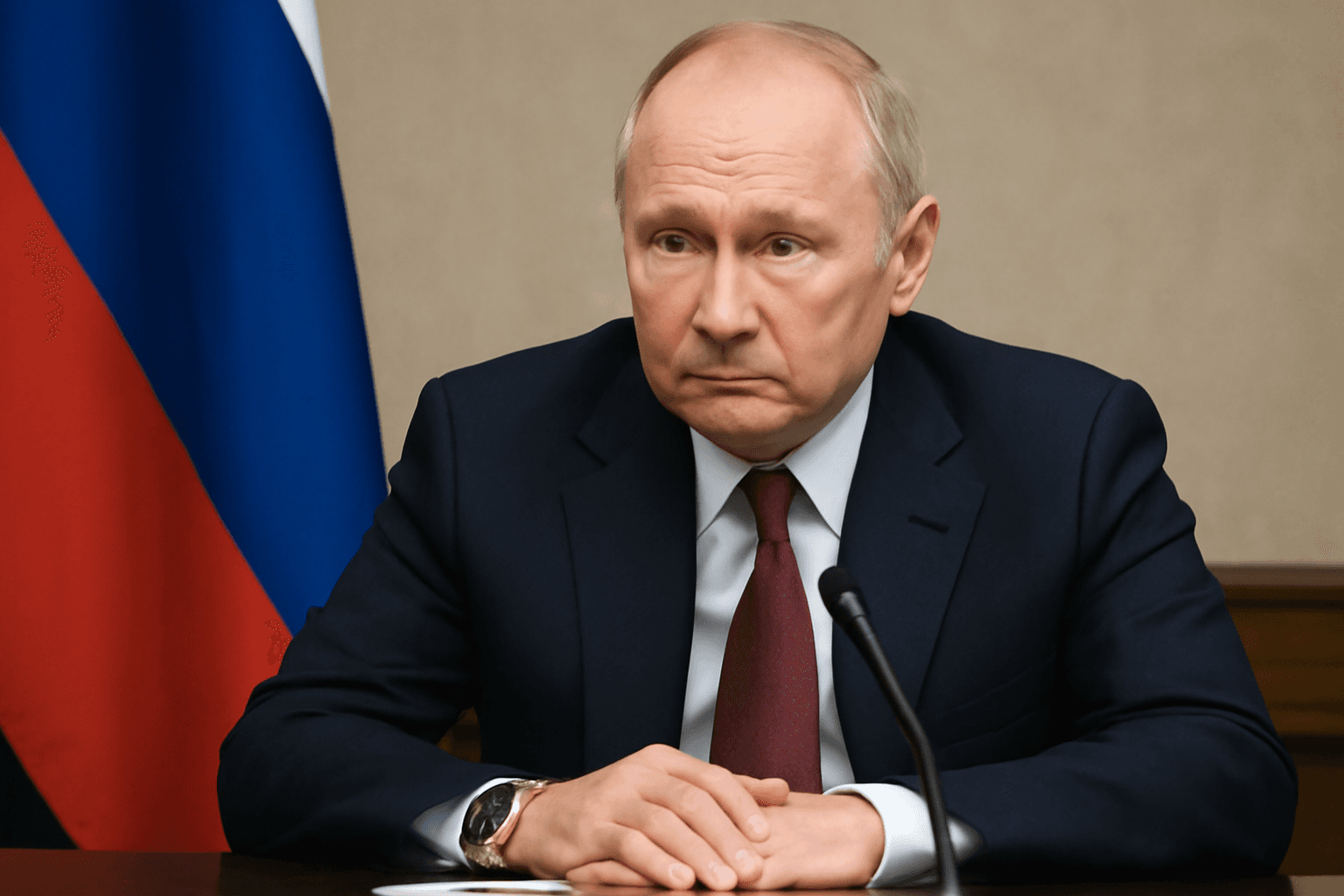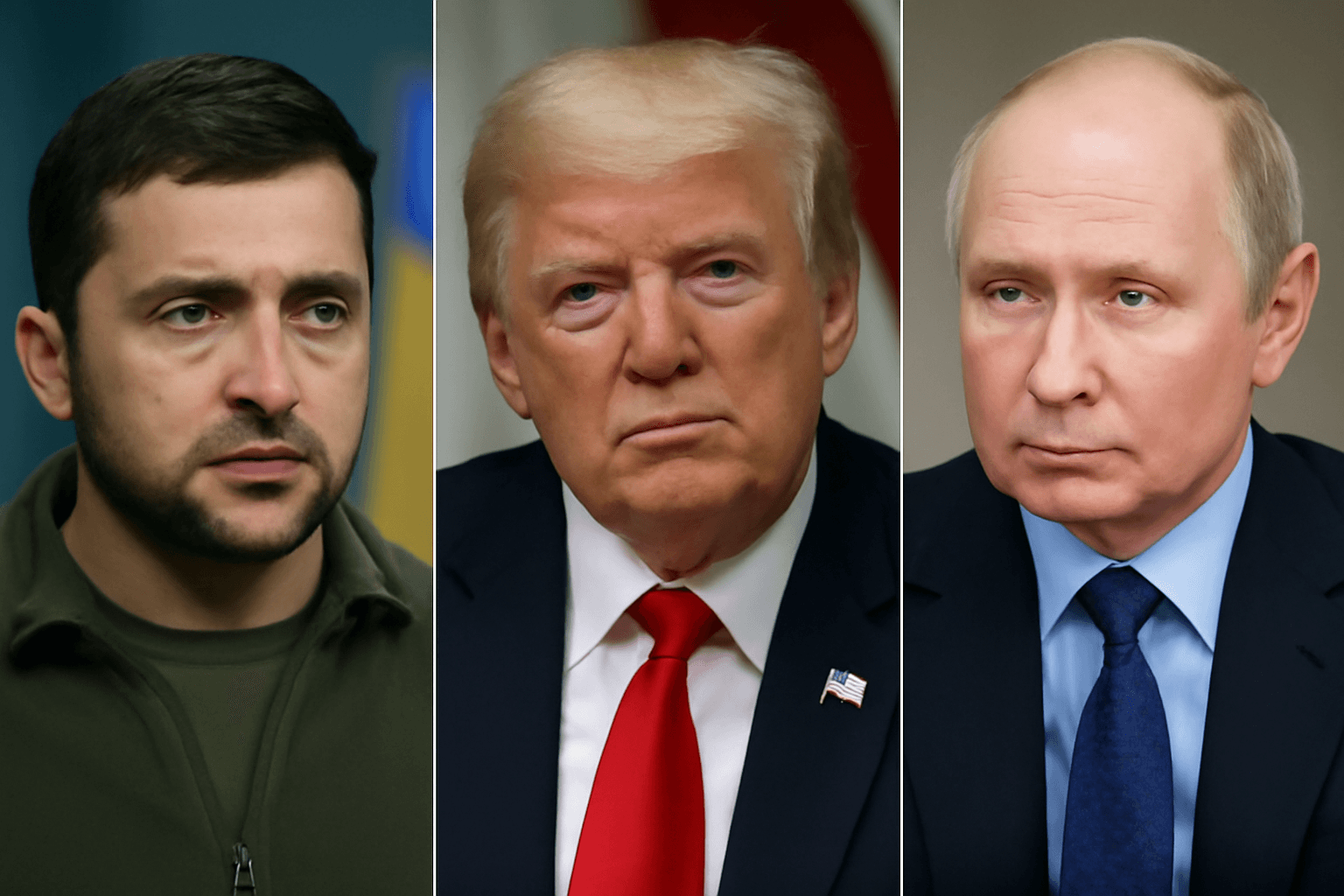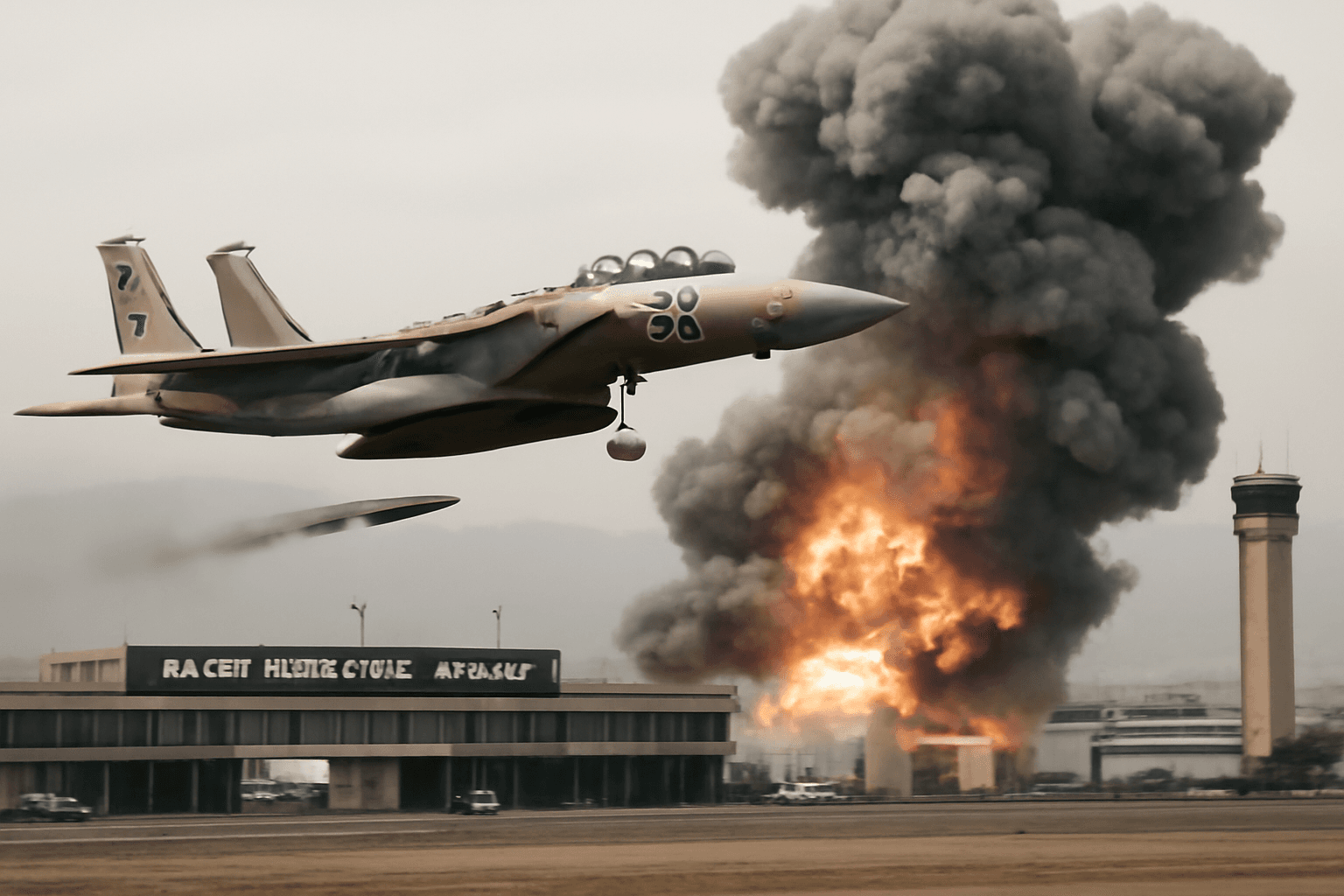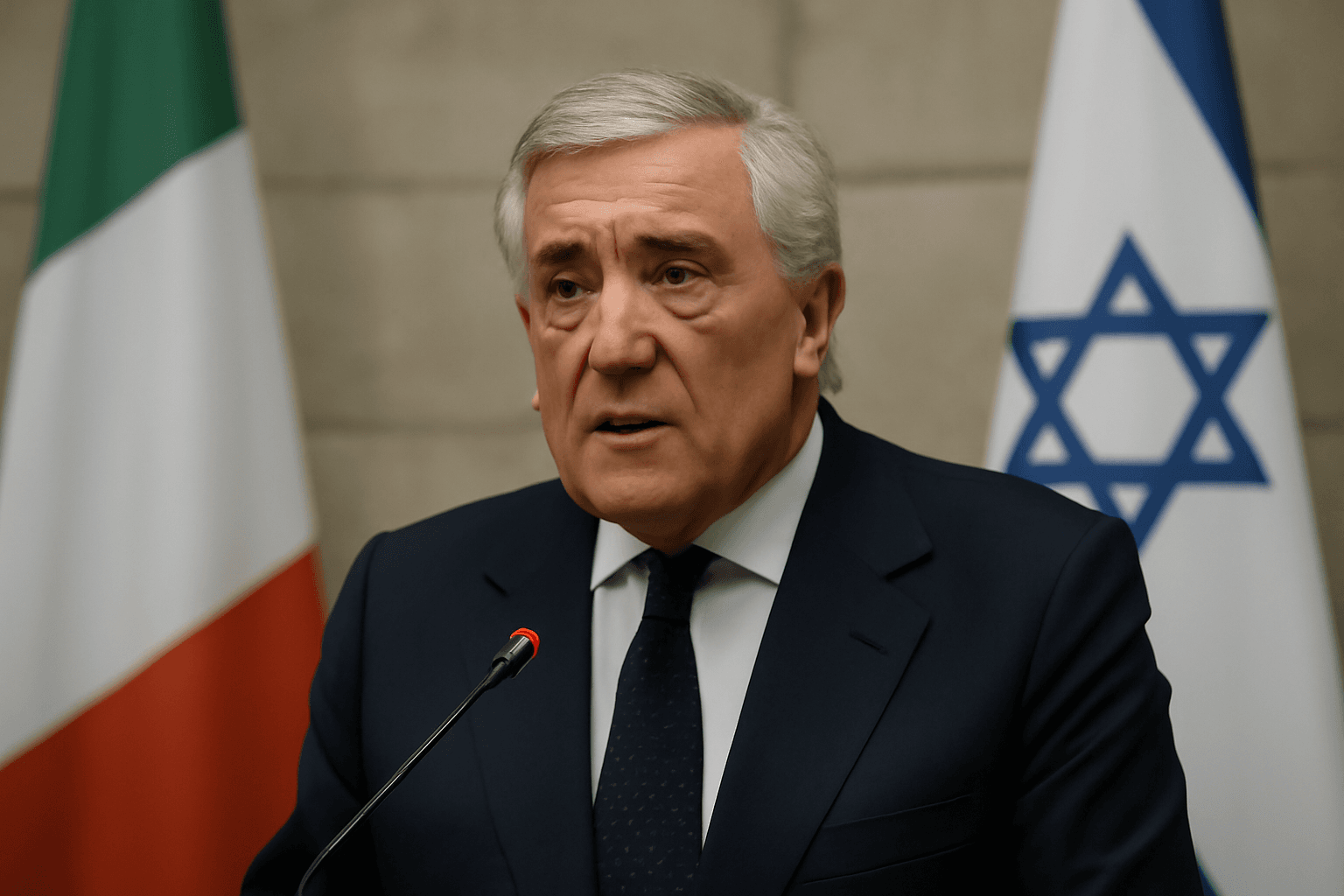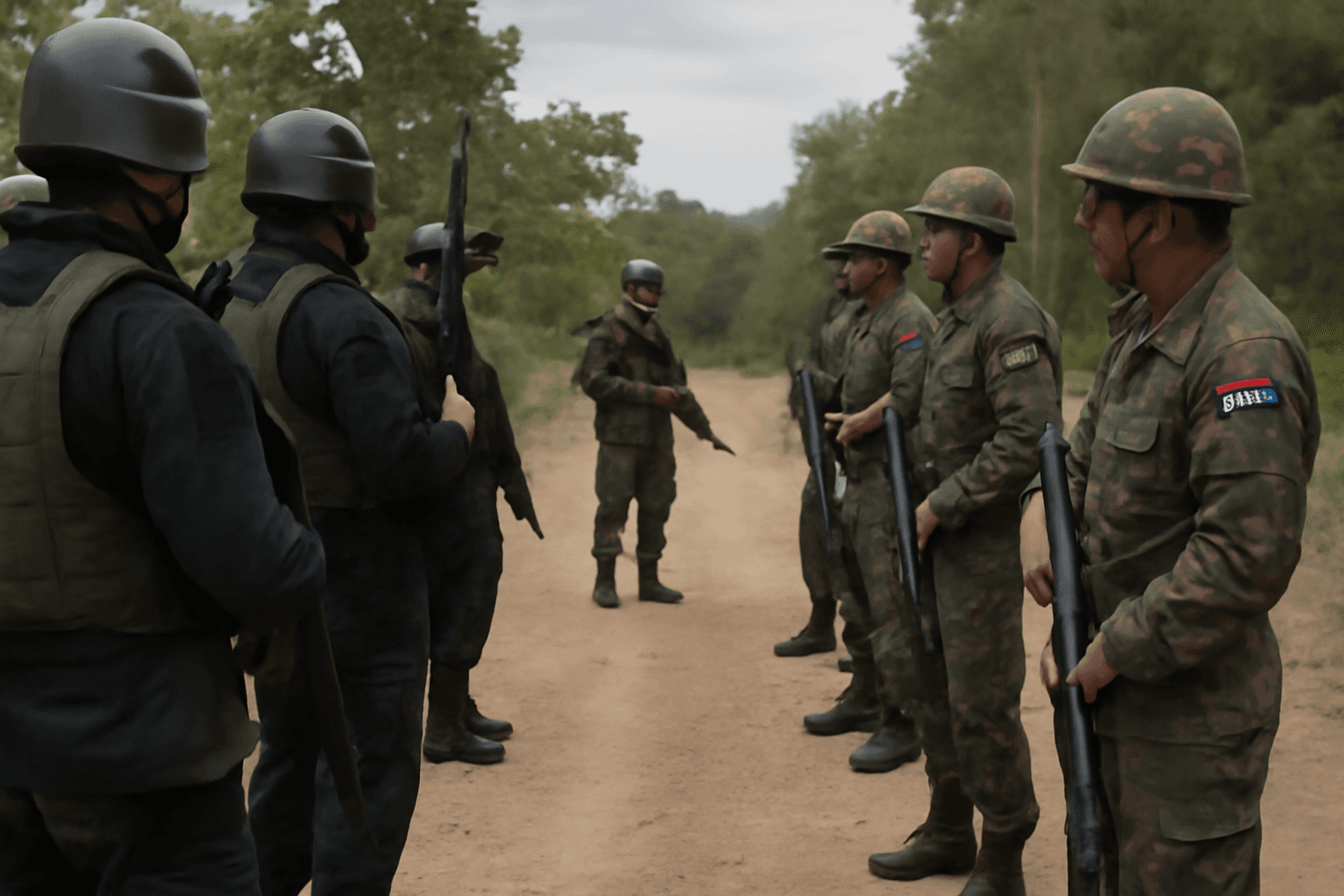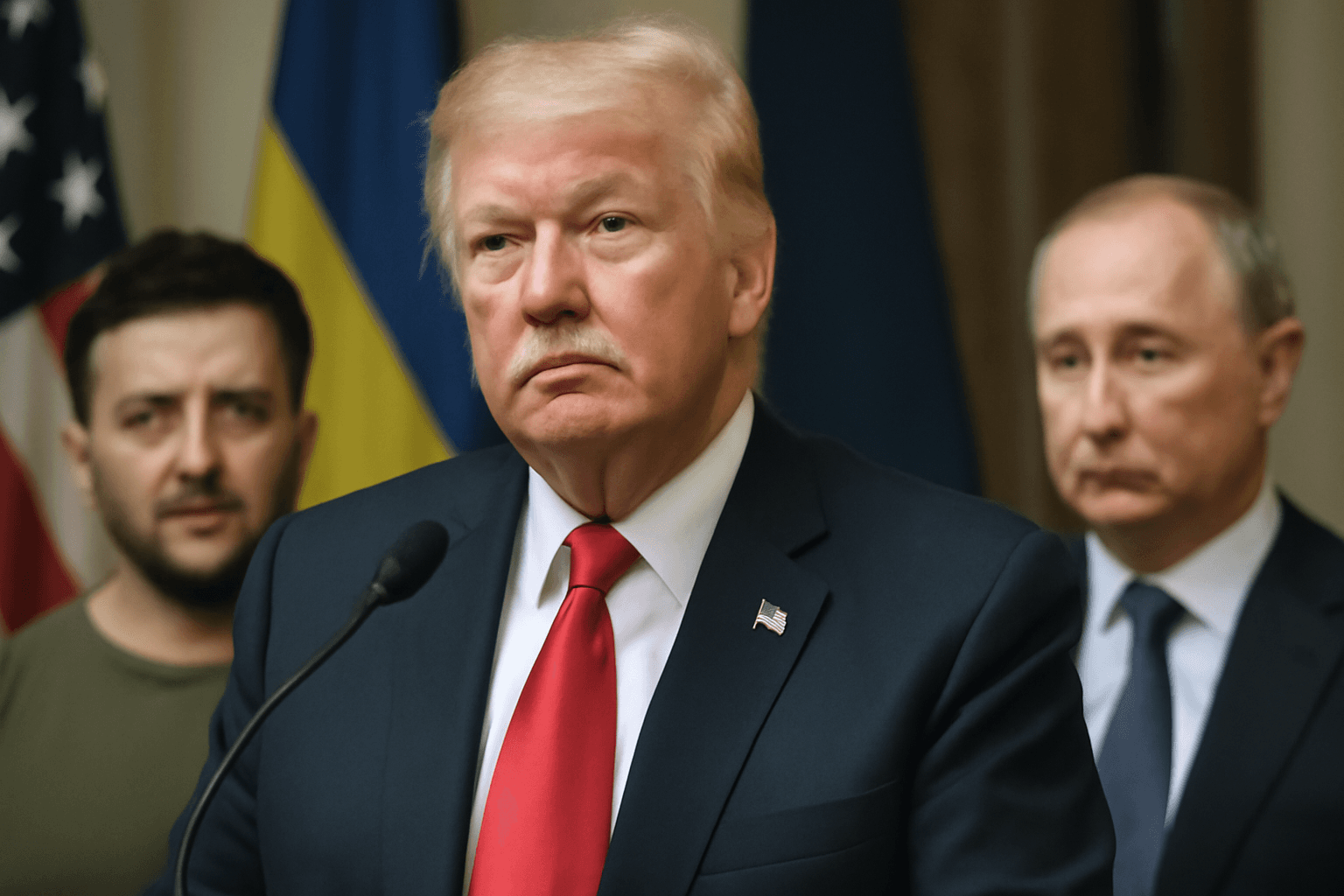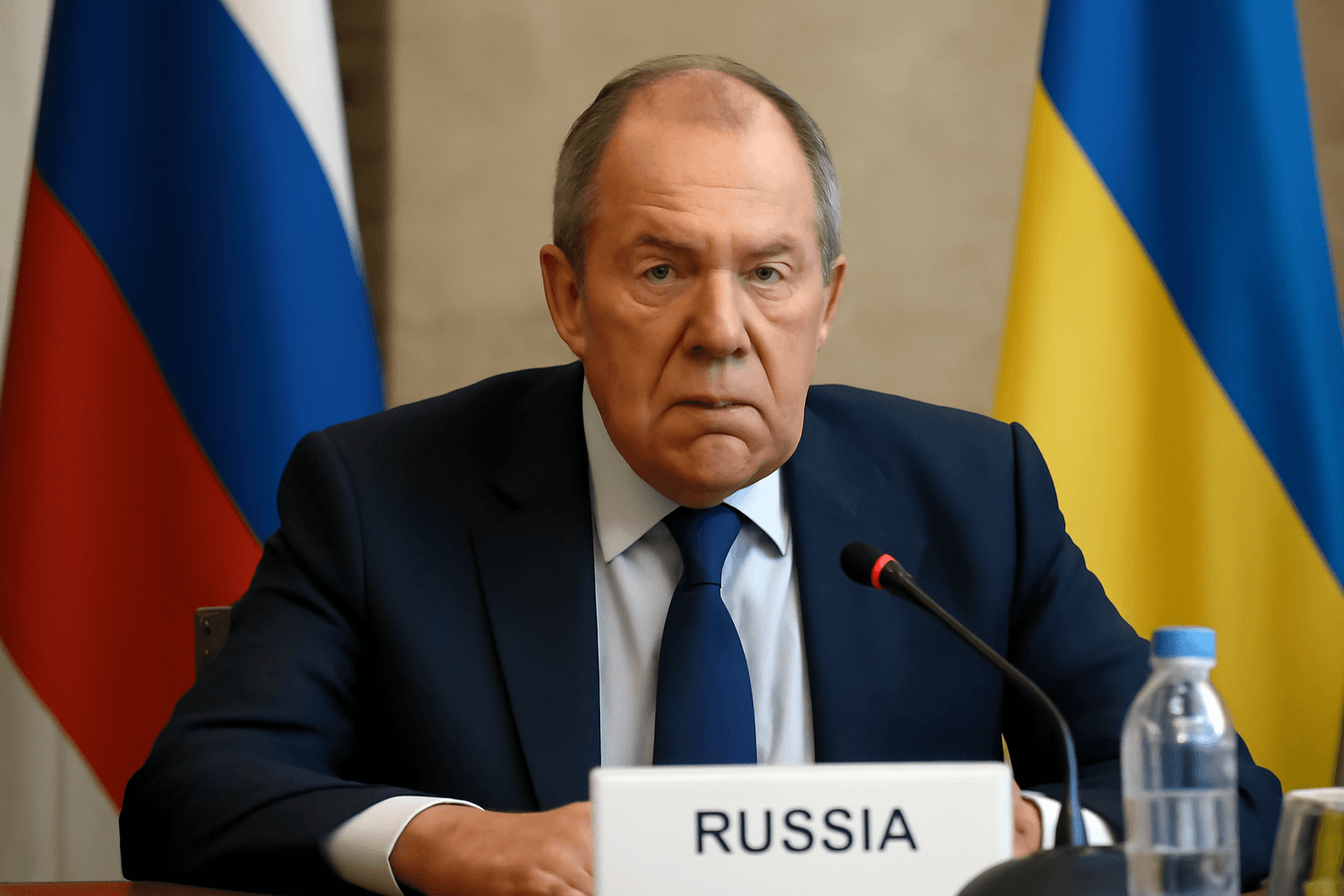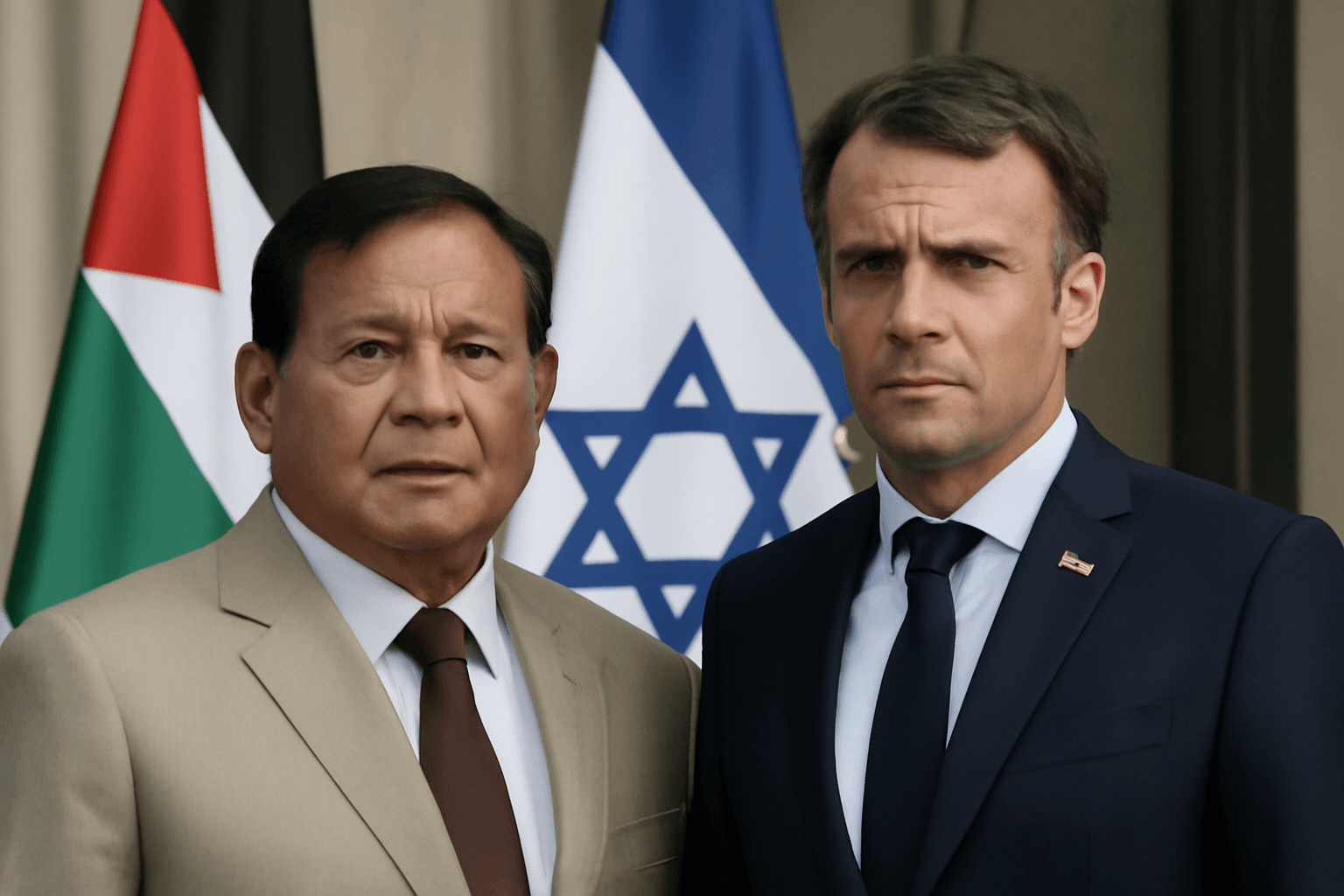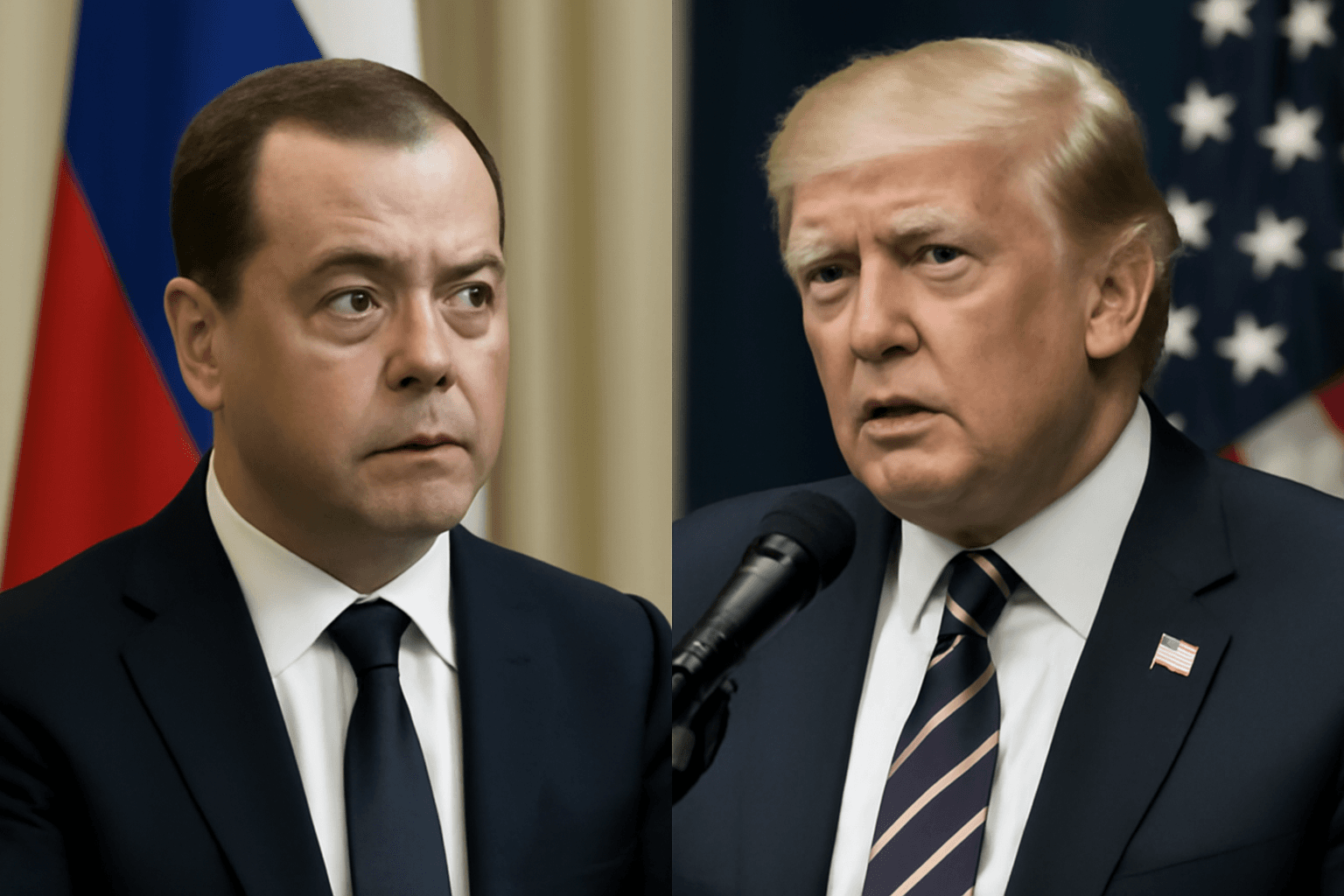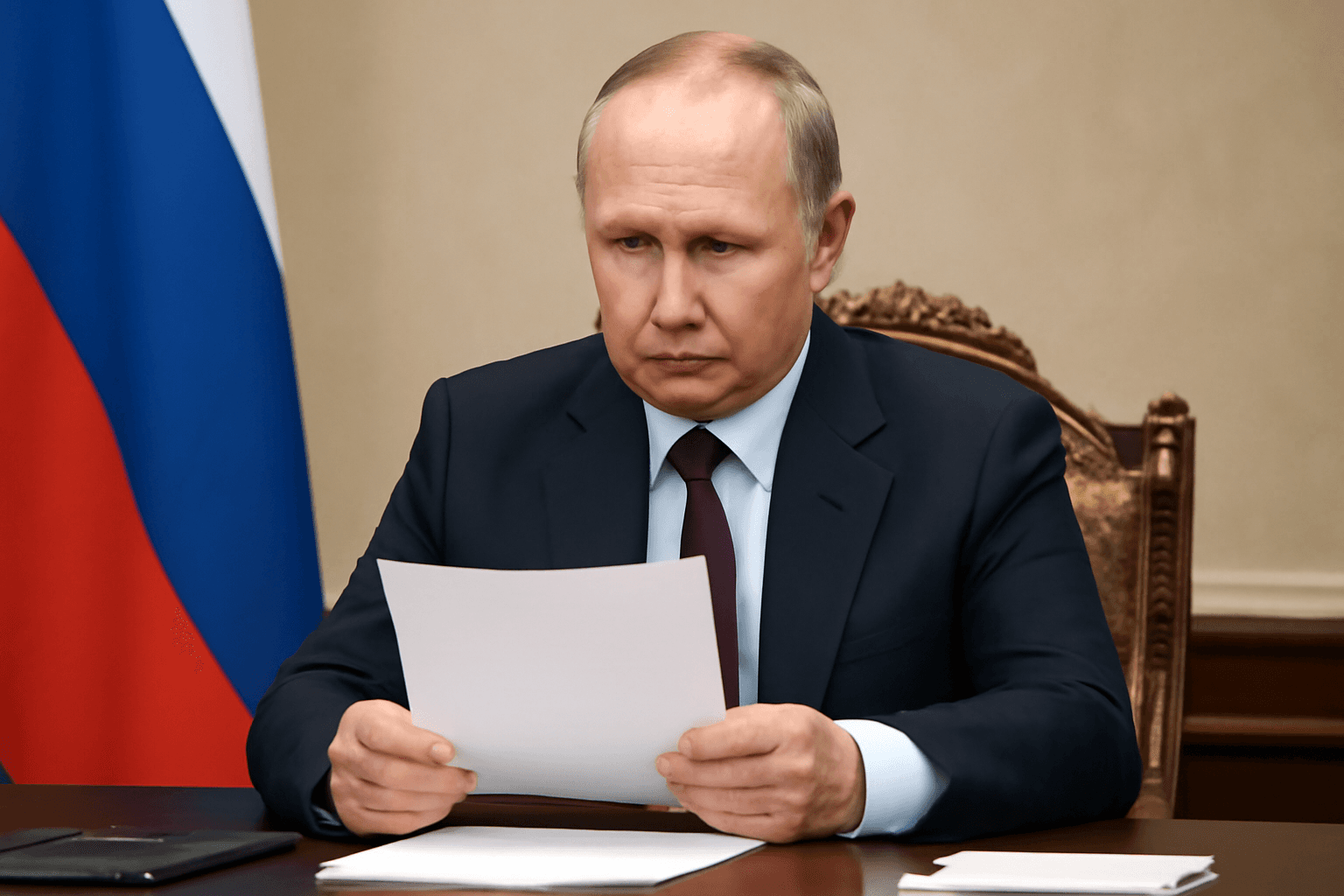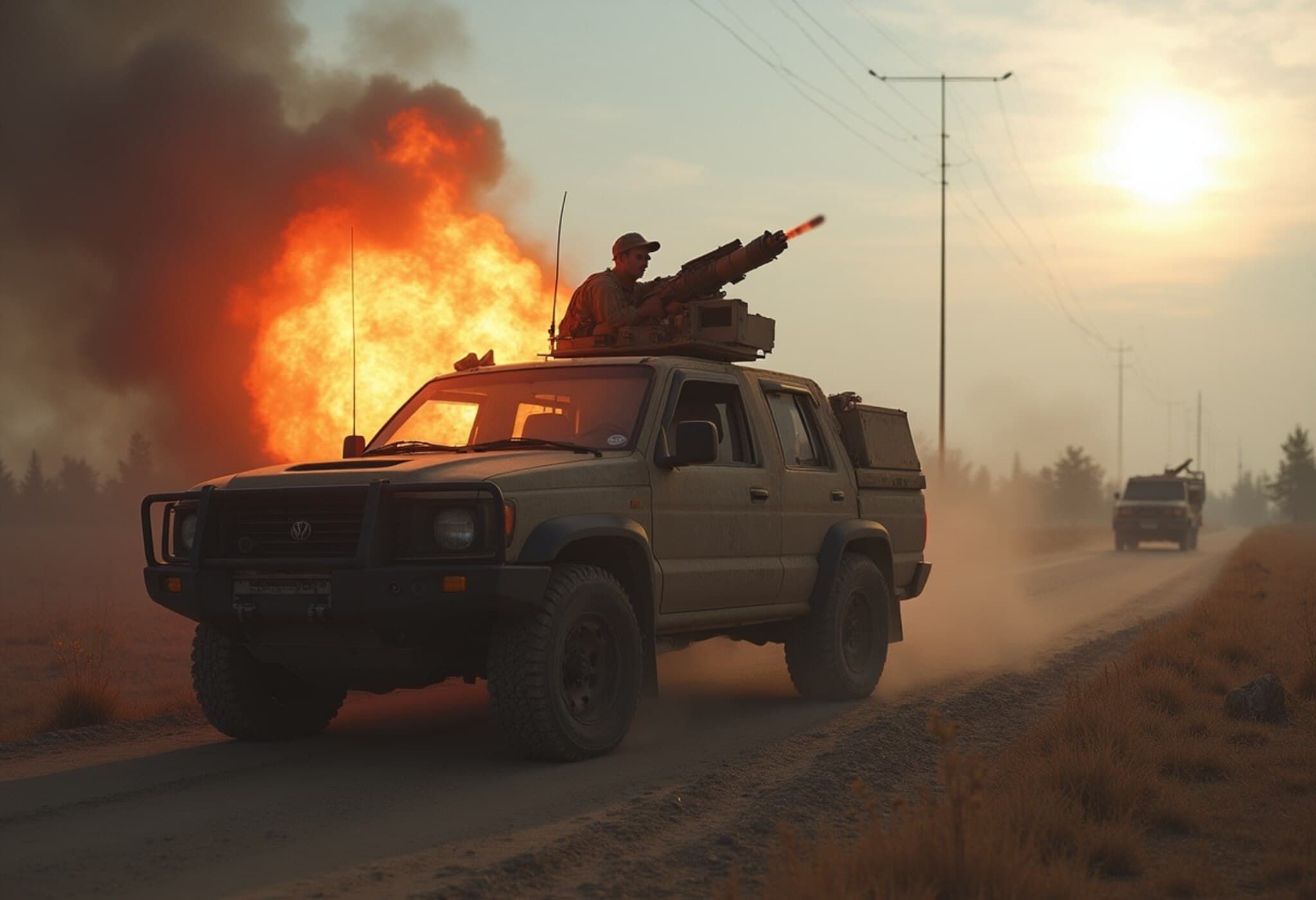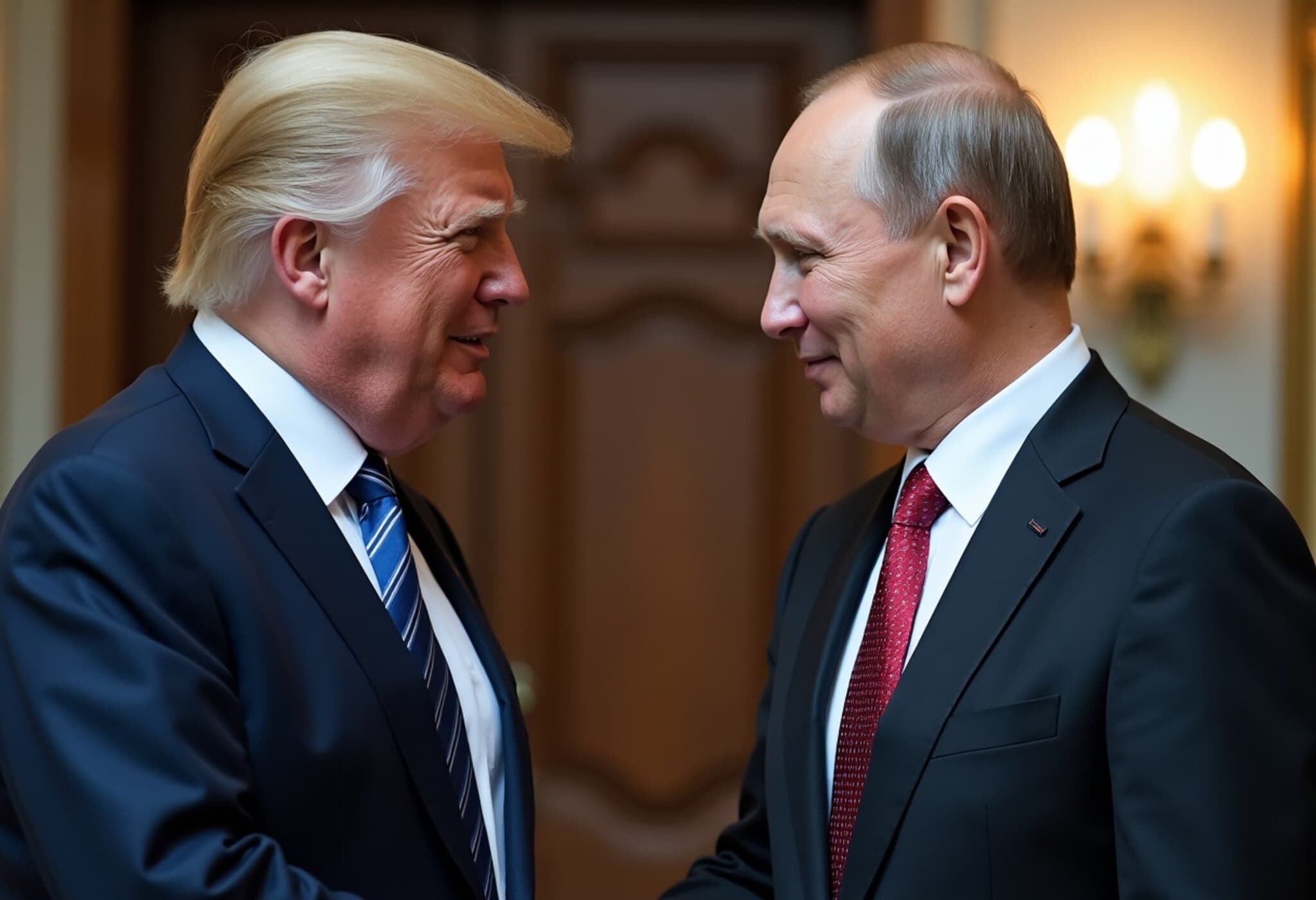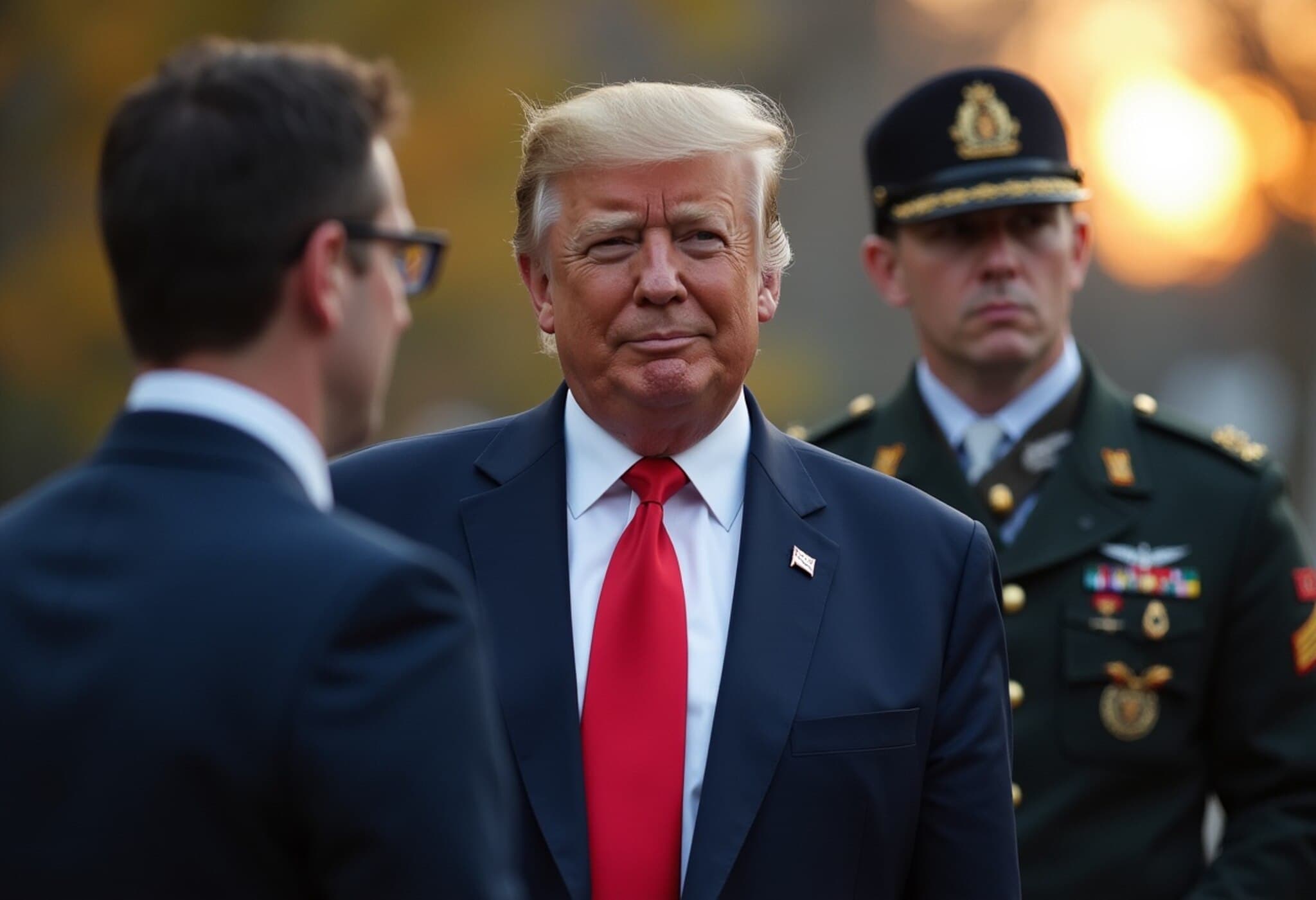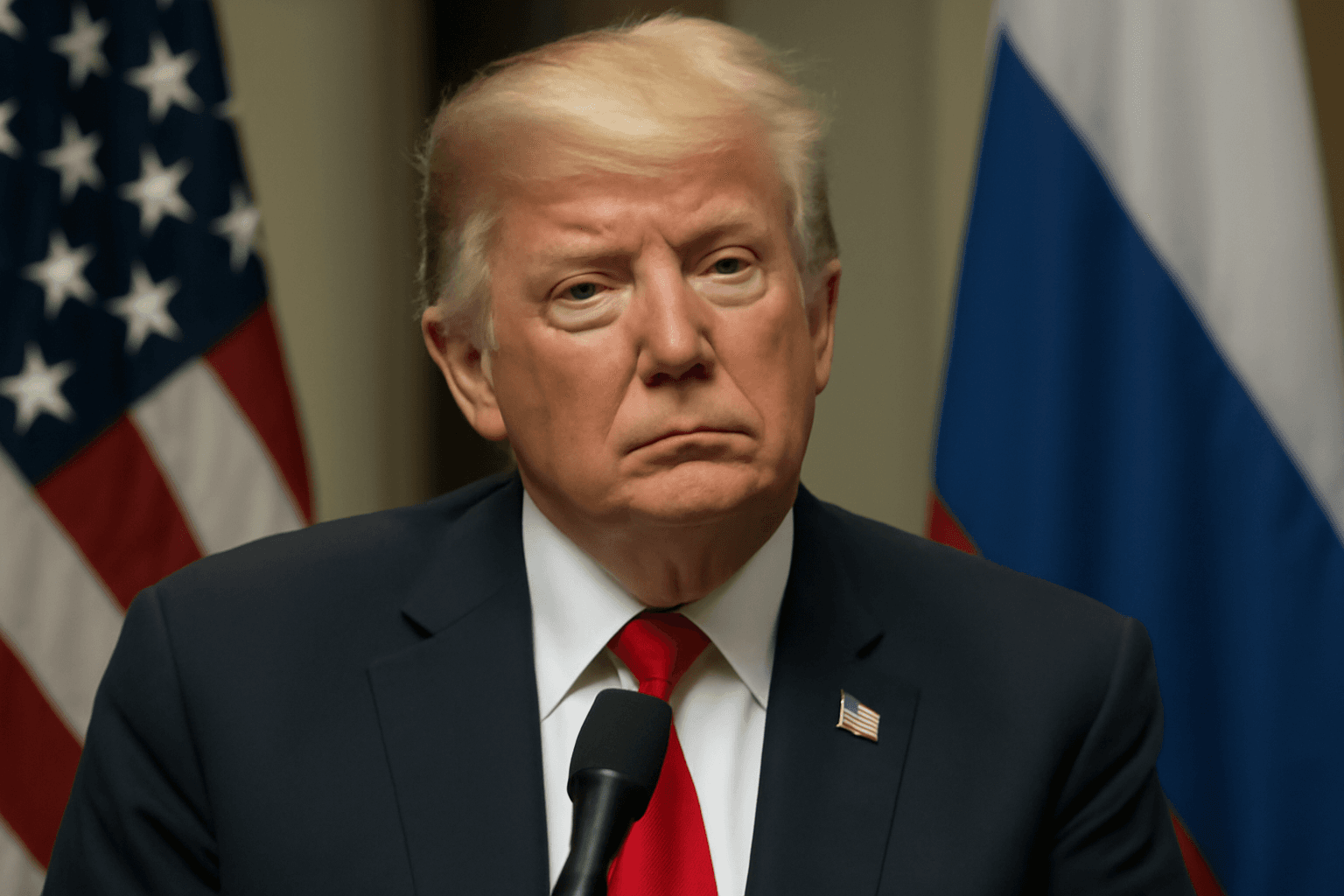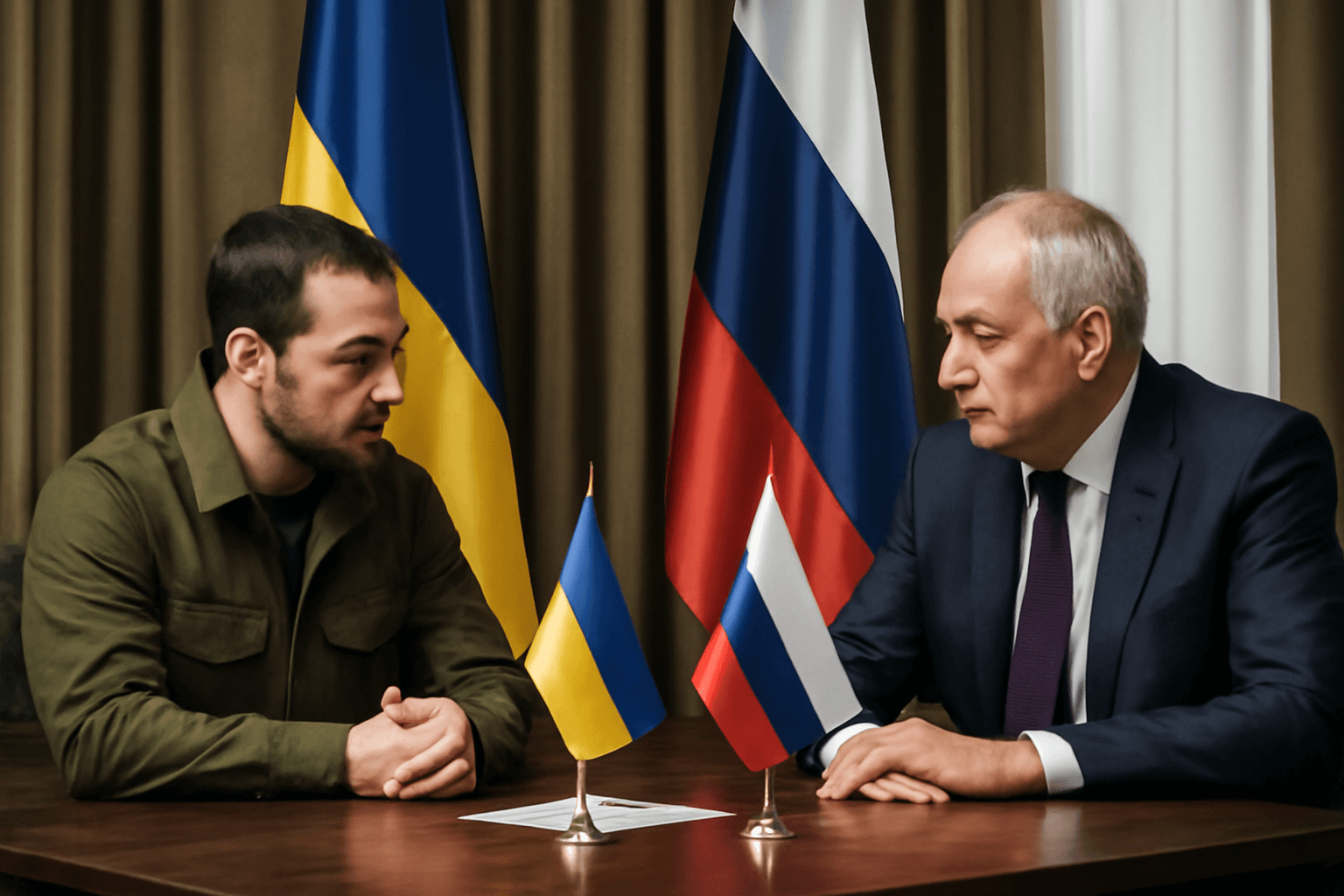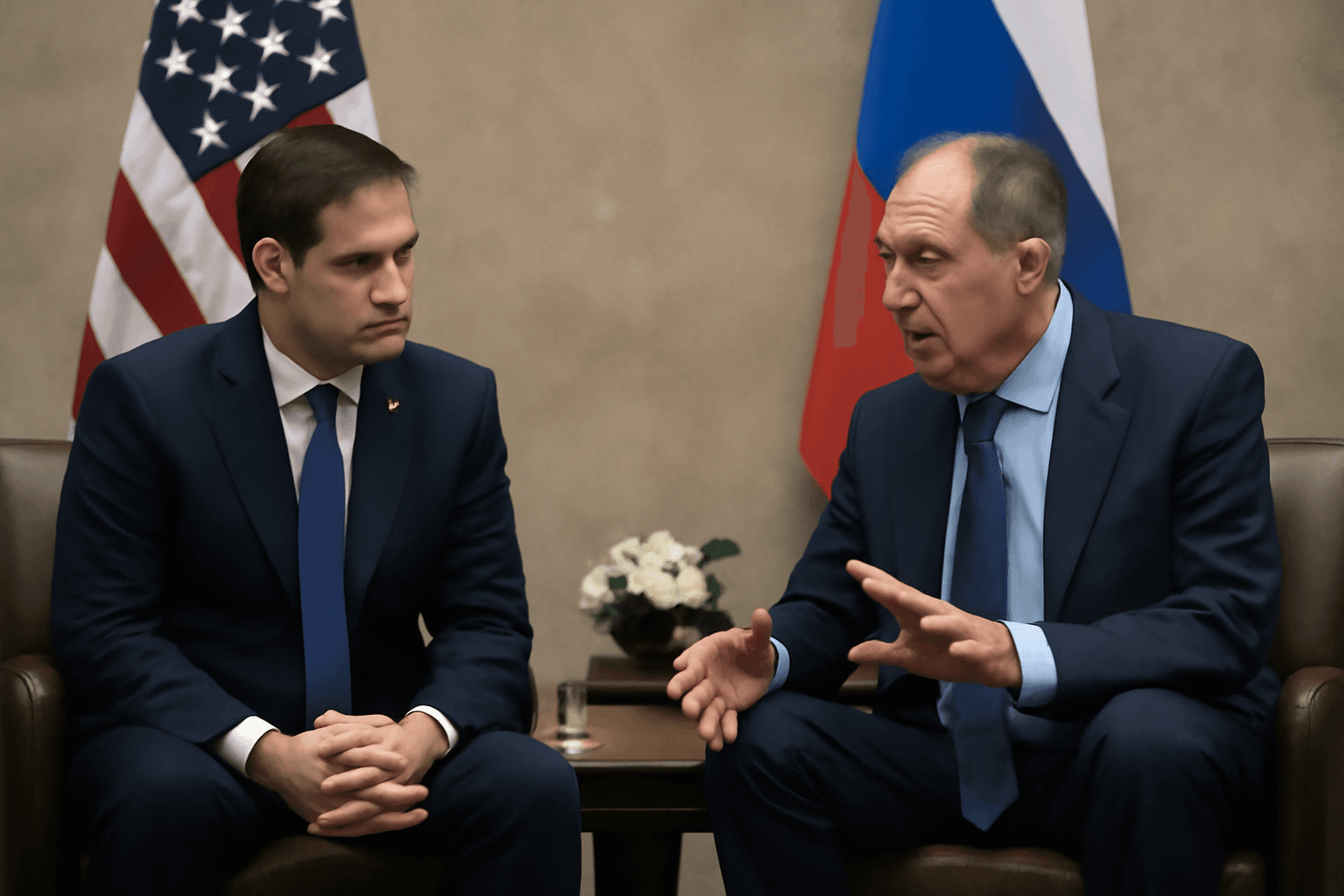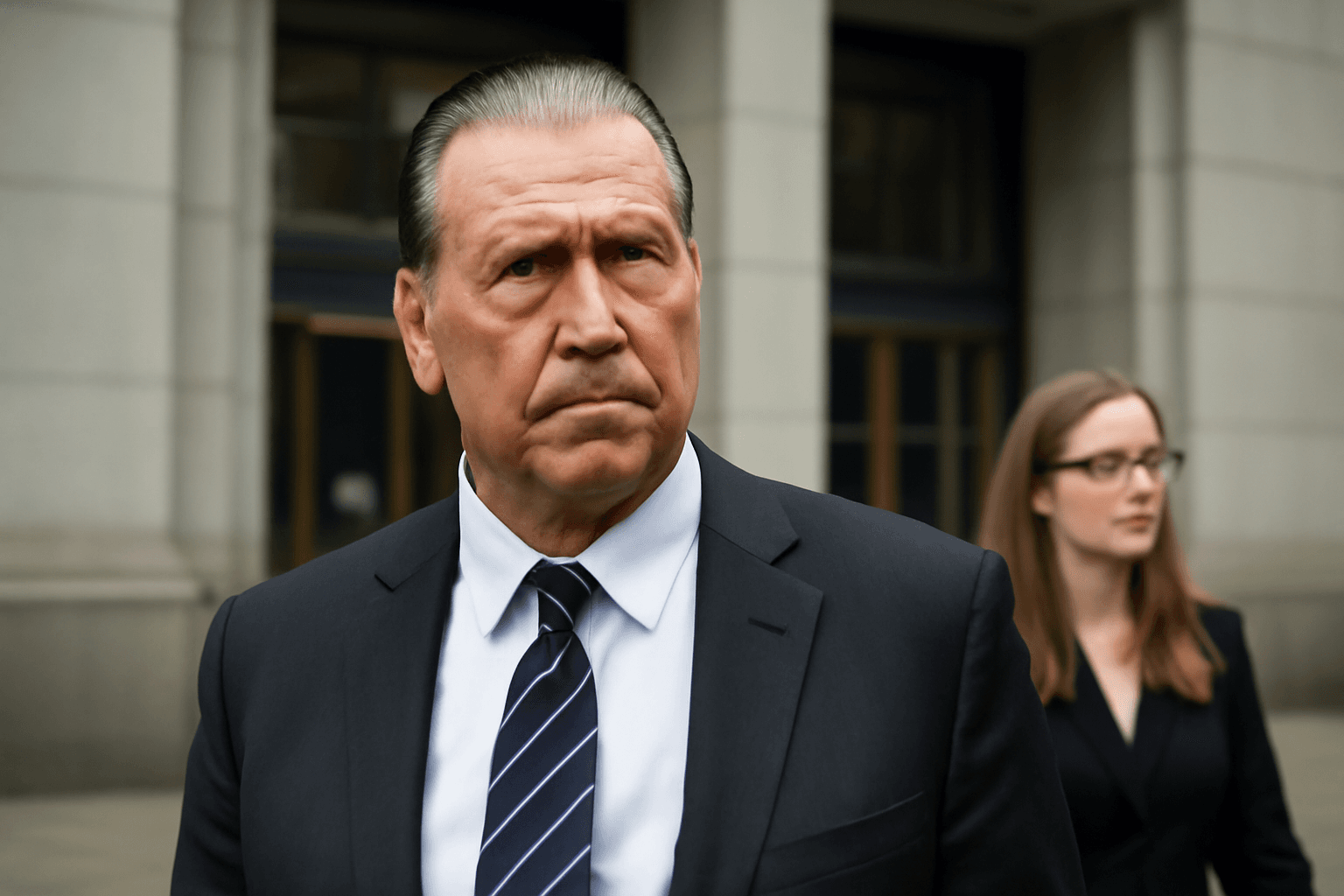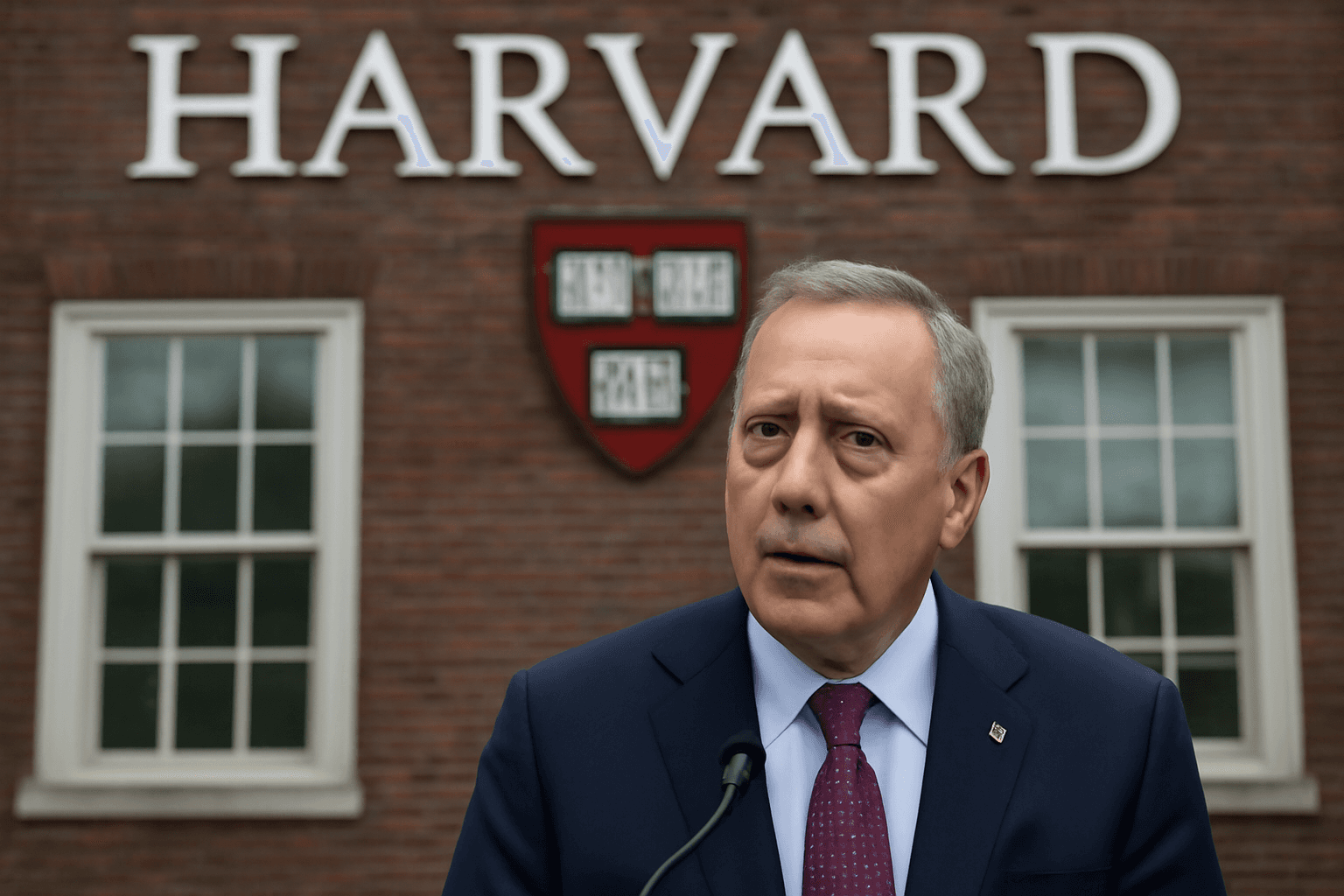Russian President Vladimir Putin is seeking significant concessions from Western nations to end the ongoing conflict in Ukraine, according to sources familiar with the negotiations. Central to Putin's demands is a formal pledge from the West to halt NATO's eastward expansion, effectively barring Ukraine, Georgia, and Moldova from joining the alliance.
Additional stipulations reportedly include Ukraine's permanent neutrality, partial relief from Western sanctions, a resolution regarding frozen Russian sovereign assets, and guarantees to protect Russian-speaking populations within Ukraine. These conditions are described by insiders as "non-negotiable."
The proposals came shortly after a two-hour phone call between Putin and former US President Donald Trump, during which Putin indicated a willingness to consider a ceasefire and mentioned that Russia is preparing a memorandum outlining a potential peace framework. However, no timeline for the memorandum's completion has been disclosed.
Despite this, tensions remain high. Sources reveal that Putin has taken a firmer stance on territorial demands, now insisting on full control over four eastern Ukrainian regions: Luhansk, Donetsk, Zaporizhzhia, and Kherson, in addition to Crimea, annexed in 2014. Russia currently controls the majority of these areas.
Kyiv and several European capitals accuse Moscow of using peace talks as a stalling tactic while escalating military operations. Ukrainian President Volodymyr Zelenskyy maintains that Ukraine will not relinquish its aspiration to join NATO or cede sovereign territory under duress.
NATO has reiterated its "open door" policy, refusing to alter its principles under external pressure. A NATO official reaffirmed earlier this year that the alliance will not adjust its stance despite Russia's demands.
The Kremlin presents the war, now in its third year, as a reaction to Western actions it deems provocative, notably NATO's expansion and military aid to Ukraine. Although Russia has made territorial gains, the ongoing conflict continues to impose significant economic and social strains on both sides.
Putin reportedly faces internal challenges including economic pressures from a weakened oil market, labor shortages, and rising interest rates. Nonetheless, Russian officials remain confident in their capacity to sustain the conflict despite international sanctions.
Former President Trump, known for his established rapport with Putin, expressed frustration over Russia's continued military offensives and warned that Putin is "playing with fire." He also hinted at the possibility of introducing further American sanctions if Russia persists in obstructing dialogue.
Whether this firm exchange of ultimatums will pave the way for meaningful negotiations or lead to the collapse of peace efforts remains uncertain.

